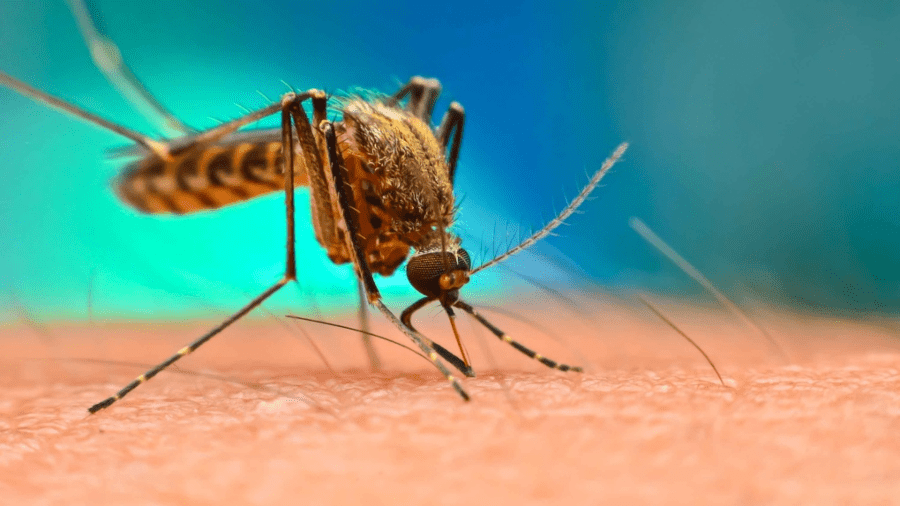In a Nutshell:
- Lynley Hood, an 80-year-old author from New Zealand, accidentally regained her vision, lost to glaucoma 12 years ago, during a placebo treatment for her chronic back pain.
- Participating in a University of Otago study, Lynley was part of the placebo group receiving superficial scalp electrical stimulation. Remarkably, after four weeks, her vision restored almost to full capacity, a result that left her ophthalmologist stunned.
- Intrigued by this unforeseen recovery, the study team, led by Dr. Divya Adhia, plans to conduct further research into how scalp electrical stimulation might aid in restoring eyesight, potentially leading to a revolutionary breakthrough in treating blindness.
In a surprising twist of medical events, a placebo treatment designed to alleviate chronic back pain inadvertently restored the vision of an 80-year-old blind woman.
Lynley Hood, from Dunedin, New Zealand, an award-winning writer, had lost her eyesight over a decade ago to a rare form of glaucoma and found the world in color once again thanks to a back pain treatment study at the University of Otago.
Hood’s journey into darkness started 12 years ago when her left eye suddenly became blurry while reading a book.
Assuming it was due to fatigue, she retired for the night, only to wake up to a world that hadn’t regained its clarity.
She was soon diagnosed with a rare form of glaucoma and informed by her doctors that there would likely be no improvement in her condition.
Hood eventually became legally blind, which put a pause on her passion for reading and writing.
But life had an unexpected plot twist in store for Hood.
A painful fall in 2020 fractured her pelvis, leading to severe back pain, which strangely, became the pathway to her unexpected vision recovery.
This incident led her to participate in a chronic pain treatment research project conducted by the University of Otago.
The project, split into two groups, involved participants undergoing electrical stimulation sessions while wearing specially wired helmets.
One group received electrical stimulation directly to the brain, while the placebo group, including Hood, received superficial scalp-level stimulation.
Unbeknownst to her, Hood was in the placebo group.
After just four weeks of electrical stimulation, Hood discovered her vision had returned to nearly 100%.
The dramatic improvement left even her ophthalmologist astounded, who couldn’t resist but call it a “miracle.”
“Miracle is not a word we use very often in science, but it was — an accidental miracle,” project co-leader Dr. Divya Adhia told the Otago Daily Times.
“It wasn’t the intended outcome, but to see that my research has actually made an impact on people is incredible.”
Having lived with severely impaired vision for over a decade, Hood is now readjusting to a life that’s in clear sight.
With her vision restored, she is eager to return to her love for writing.
“At first, I thought I was imagining it,” Hood said, expressing disbelief at the return of her sight.
She detailed how the electrical currents, traced by advanced equipment, stimulated her retina, sparking an array of signals down her optic nerve and restoring her vision.
The intriguing question of how the electrical stimulation managed to bring Hood’s eyesight back remains unsolved, but Dr. Adhia and her team are eager to find out.
They’re now planning another study to understand this unexpected visual resurgence better, potentially opening a new window of hope for others living with blindness.
Source

 Business1 year ago
Business1 year ago
 Entertainment12 months ago
Entertainment12 months ago
 Science12 months ago
Science12 months ago
 Business1 year ago
Business1 year ago
 Entertainment12 months ago
Entertainment12 months ago
 Entertainment12 months ago
Entertainment12 months ago
 Tech12 months ago
Tech12 months ago
 U.S.12 months ago
U.S.12 months ago




Steve
October 24, 2022 at 5:45 am
I wonder at what stage of the life cycle will the offspring dye?
kurt gandenberger
October 24, 2022 at 6:40 am
we have invited the third world to live with us and now we are enjoying the fruits of diversity. typhus, typhoid, dengue, resistant TB, west nile and zika. perhaps we will soon enjoy e bola and malaria. good going america.
Donald Cook
October 24, 2022 at 7:16 am
get rid of Bill Gates, he is a sick piece of $h1t
OLD DOG
October 24, 2022 at 10:57 am
I believe we did something like this way back in the 1950’s to fight screw worm blow flies that were killing animals.
Don’t remember any negative environmental disasters.
Old wolf
October 24, 2022 at 4:43 pm
Modified ??? Your messing with nature. You know it will come back to bite you on the azz. Now we wait and see how this will affect us and our life’s. Nature doesn’t like being messed with and has a way of working its own magic to fix things. Still don’t know what this Modified means, but betting its not in a good way. We will see tho. And what causes of death it brings.
bluesea
October 24, 2022 at 10:17 pm
The article states that the males are modified so that when they mate the offspring die due to a modified protein that is passed to the female during mating.